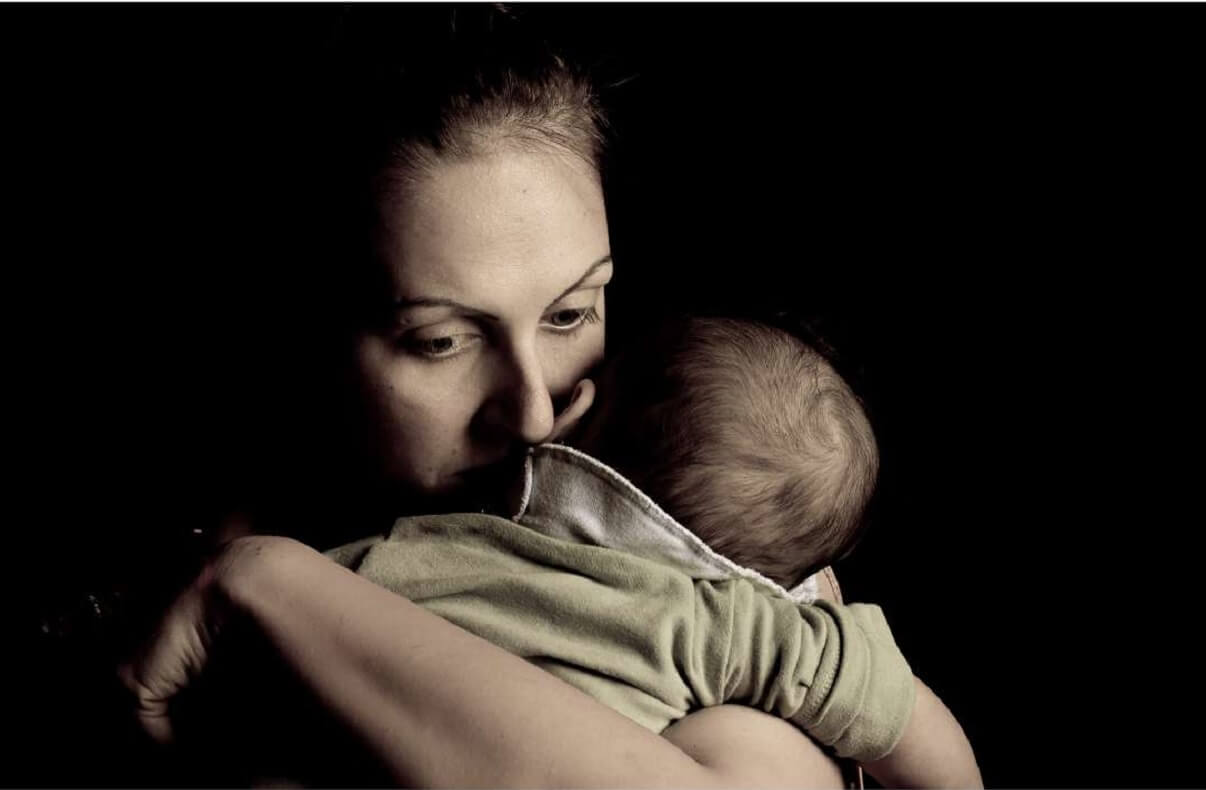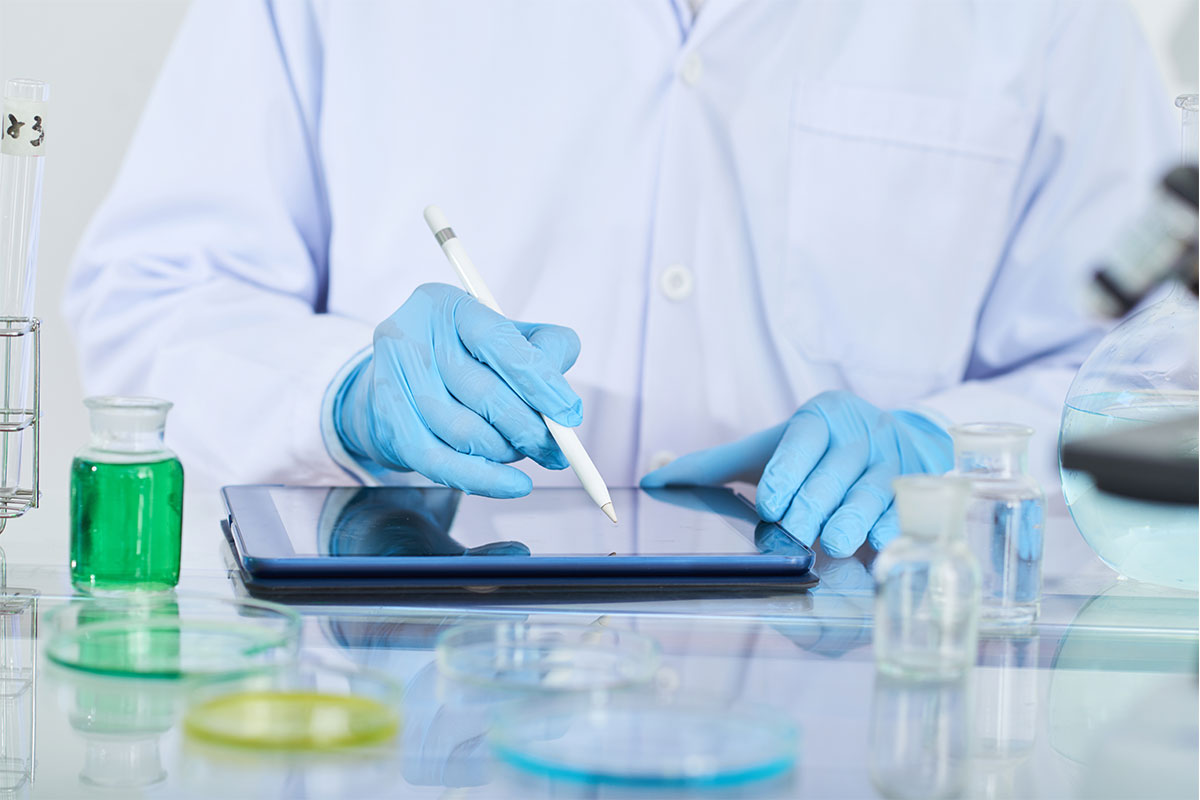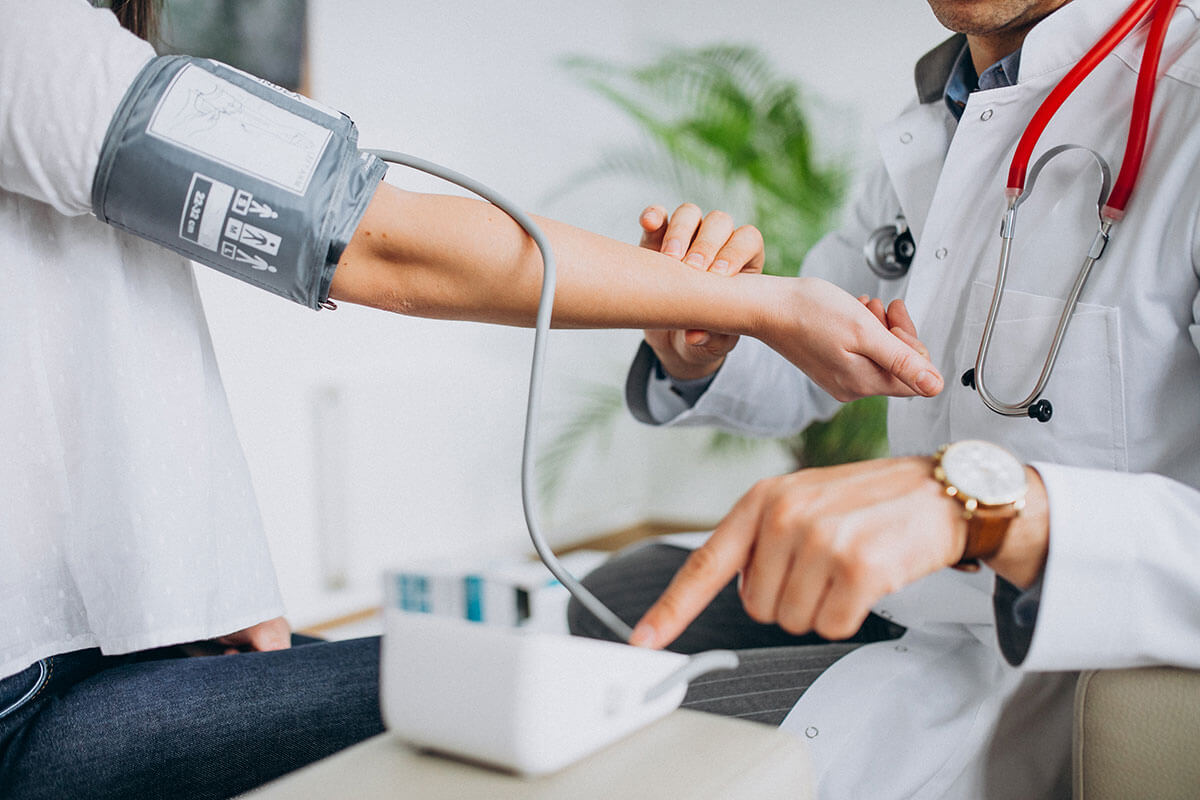
For those who are not familiar about ‘postpartum depression’, it is a depression that occurs after a child birth. This depression can happen to both father and mother. Depression that occurs after childbirth.
It is common to assume that most women develop ‘postpartum depression’ during their first child as they are inexperienced and handling a just born infant can be very demanding leading to depression. But many women have took treatment for postpartum depression during their second baby as well. So, it cannot be assumed that women don’t develop depression during their second childbirth as they are experienced.
It is observed that women who have supporting parents, relatives, neighbours and friends post childbirth are less likely to develop postpartum depression. We cannot conclude that women alone can experience this depression, as fathers too are susceptible to get this depression.
The reason we are writing about this is because, women who developed postpartum depression are at greater risk of developing major depression later on in life.
What are the symptoms of postpartum depression?
- Insomnia (they will struggle to have good sleep)
- Loss of appetite (they don’t show any inclination for eating food and skipping meals can be found common)
- Eating much more than usual
- Depressed mood or mood swings
- Difficulty in bonding with baby
- Withdrawal from family and friends
- Finding it difficult to bond with the baby happily
- They show signs of intense irritability (even smaller issues irritate them to a great extent) and anger
- Sadness and excessive crying
- Feeling overwhelmed
- Showing signs of excessive fatigue or loss of energy
- Expressing fear that she is not a good mother
- Showing signs of hopelessness
- Feelings of worthlessness, guilt, shame or inadequacy
- Showing signs of restlessness
- Reduced ability to think and act clearly
- Struggling to make even simple decisions
- Attention deficiency and Lack of Concentration
- Reduced interest in activities that used to be enjoyable like listening to songs, or playing favourite games etc.,
- Severe anxiety and experiencing panic attacks
- Thoughts of harming herself or the baby
- Expressing suicidal tendencies through words and actions
What happens when it is left untreated?
- The behavior may last for many months and even longer
- They will begin to have relationship issues and continue to have strained relationship with partner and baby.
- She may get into much deeper depression leading to other mental health issues
Treatment can include counselling, antidepressants or hormone therapy.
Why and how postpartum depression happens?
From conception to delivery, the entire process of childbirth is a process controlled by hormones. Thus, a childbirth can trigger a plethora of emotions for a mother, from happiness to excitement to fear, anxiety and even a depression. Most new moms experience post pregnancy issues such as mood swings, insomnia, anxiety, crying etc., But this common thing called ‘baby blues’ can start within the first two or three days after delivery and may last upto three weeks maximum.
But some new moms also experience a more severe form of depression called postpartum depression. In rare cases, some moms may develop an extremely severe mood disorder called ‘postpartum psychosis’ after childbirth.
Postpartum depression has nothing to do with the behavioural traits or weakness or mental health. It is identified as a simple and treatable complication that is associated with childbirth. Prompt treatment can help such women to come out of it and enjoy the special bonding with the baby.
How to differentiate between baby blues and postpartum depression?
Both show same symptoms initially for first few days. It is common to mistake postpartum depression as baby blues initially. But when the signs and symptoms are more intense, lasts longer and begins to affect the ability of the mother to handle the baby and other daily tasks, then it can be safe to conclude that the mother is going through postpartum depression. Symptoms usually show up within the first few weeks after giving birth.
Postpartum depression in new fathers
As with mothers, even new fathers are equally vulnerable to experience postpartum depression. They exhibit most of the common symptoms what a mother would show such as feeling sad or overwhelmed, changes in their eating and sleeping patterns, showing signs of anxiety, irritability and anger. In most cases the symptoms are common. In extreme cases fathers exhibit suicidal tendencies too.
What type of men show postpartum depression?
Based on the research finding, it is observed the following types of fathers had experienced postpartum depression:
- Fathers who are very young
- Fathers with a history of depression or from a family with a history of depression
- Experiencing relationship problems
- Struggling financially
Whether it happens with a father or a mother, the result is the same. They will experience relationship issues with the partner and child development. They fail to become a good father or mother eventually.
So, if you have become a new father and experience any or most of the above mentioned symptoms of postpartum depression, talk to your doctor and get medical help. Postpartum depression is treatable and the treatment is same for men and women. It is important to take the treatment early so that you can become a good father and become a role model to your kid.
When to see your doctor?
If you want to know about a single sign that is good enough for you to see your doctor. Yes, there is a single sign. If you are feeling depressed after your baby’s birth and you don’t want to share the good news with others or feeling embarrassed to admit that you have become a father or mother, then it is better for you to schedule an appointment with your physician. If you have any of the postpartum symptoms listed above, then you can take a walk to your doctor’s clinic for sure.
Alternatively, if your signs and symptoms of depression are not reducing even after two weeks and you find it hard to provide care for your baby and you are not able to carry out your everyday tasks comfortably, then you should immediately consult your physician.

